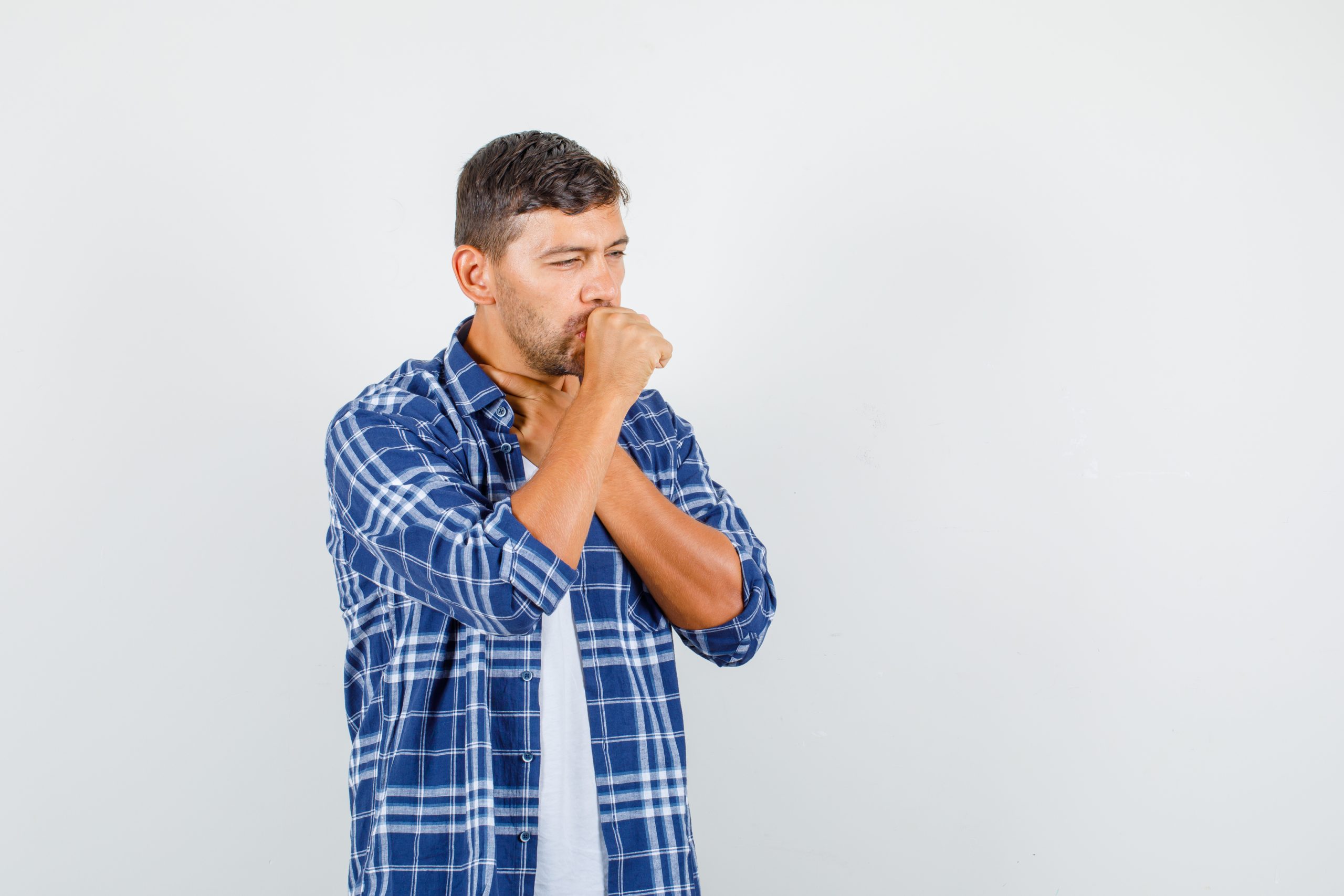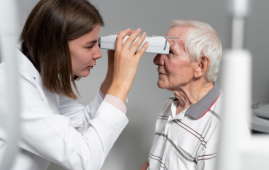

A novel nasal pertussis vaccine has demonstrated encouraging benefits against whooping cough. In a study of healthy individuals, the vaccine was demonstrated to be safe and effective against whooping cough. Professor Qiushui He and Project Researcher Alex-Mikael Barkoff from the University of Turku’s InFLAMES research flagship took part in the work. The Lancet reported the study’s findings.
The new pertussis vaccination was developed and tested on humans by the American company ILiAD Biotechnologies. The vaccine was created using the BPZE1 strain of B. pertussis developed by a team of scientists led by Professor Camille Locht at the Institut Pasteur de Lille and Inserm. The French National Institute of Health and Medical Research is known as Inserm.
The nasal pertussis vaccine contains live, attenuated bacteria of Bordetella pertussis. The studies compared the efficacy of the new BPZE1 vaccine with the existing Tetanus-diphtheria-acellular pertussis (Tdap) vaccine.
“In the group that received the new vaccine, a broad specific antibody response was observed in samples collected from the nasal mucosa of the participants. An equal response was not seen in participants who received the Tdap vaccine,” summarizes Professor Qiushui He one of the main findings.
According to He, the results of the study support further development of the vaccine as a next-generation vaccine for potential reduction of pertussis infection and transmission.
“This is a very important study, and I am very pleased that we have been able to participate in it,” says He.
Whooping cough is caused by the Bordetella pertussis bacterium, which spreads through the respiratory tract’s mucous membranes. Despite widespread vaccines, the disease is ubiquitous around the world.
“Whooping cough is a highly contagious respiratory infection. Although it is often categorized as a childhood disease, adults can also contract it. We know that in Europe the disease is common among middle-aged people,” says He.
Whooping cough was one of the leading causes of childhood death before to immunization. Infant mortality has reduced dramatically in many countries, including Finland, since vaccines began in the 1950s. However, the disease has not been eradicated. Each year, 200-500 pertussis cases are reported in Finland, while over 150,000 cases were reported globally in 2018. The increase in unvaccinated people, combined with the mutability of the pertussis bacteria, has recently resulted in the resurgence of whooping cough in various nations.
Since the 1990s, the University of Turku has been doing whooping cough research. The Turku pertussis research group is situated at the University of Turku’s Institute of Biomedicine and is led by Professors He and Jussi Mertsola.
The group has coordinated the European EUpertstrain Network since 2005, which researches how variations in circulating Bordetella pertussis bacteria affect vaccine efficacy.
The Turku research group has developed numerous methods for determining pertussis-specific antibodies following pertussis vaccination and illness. The organization is presently researching immunological responses in children and adults, as well as how vaccines during pregnancy affect infant immunity development.
more recommended stories
 Senescence in Neurons: Findings
Senescence in Neurons: FindingsBased on a new study by.
 Balanced Diet Linked to Enhanced Brain Health
Balanced Diet Linked to Enhanced Brain HealthDiet and brain health are strongly.
 Acid-Reducing Drugs Linked to Higher Migraine Risk
Acid-Reducing Drugs Linked to Higher Migraine RiskIndividuals who utilize acid-reducing drugs may.
 Atrial Fibrillation in Young Adults: Increased Heart Failure and Stroke Risk
Atrial Fibrillation in Young Adults: Increased Heart Failure and Stroke RiskIn a recent study published in.
 Neurodegeneration Linked to Fibrin in Brain Injury
Neurodegeneration Linked to Fibrin in Brain InjuryThe health results for the approximately.
 DELiVR: Advancing Brain Cell Mapping with AI and VR
DELiVR: Advancing Brain Cell Mapping with AI and VRDELiVR is a novel AI-based method.
 Retinal Neurodegeneration in Parkinson’s Disease
Retinal Neurodegeneration in Parkinson’s DiseaseBy measuring the thickness of the.
 Epilepsy Seizures: Role of Astrocytes in Neural Hyperactivity
Epilepsy Seizures: Role of Astrocytes in Neural HyperactivityRoughly 1% of people experience epilepsy.
 Role of Engineered Peptides in Cancer Immunotherapy
Role of Engineered Peptides in Cancer ImmunotherapyIn a recent publication in Nature.
 CRISPR-Cas9 Gene Therapy for Prostate Cancer
CRISPR-Cas9 Gene Therapy for Prostate CancerIn their preclinical model, the researchers.

Leave a Comment